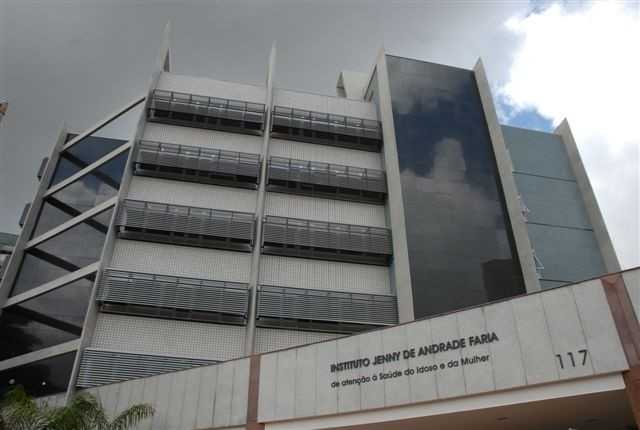December 2020
Our last issue of the year is out. It features 16 articles of diverse themes. These articles of História, Ciências, Saúde – Manguinhos (vol.27 no.4 Rio de Janeiro Oct./Dec. 2020) remind us of how valuable historical research is to understand the past and the present.
In the Editor’s note Historians and epidemics in Latin America, science editor Marcos Cueto addresses some issues and approaches often used by Latin American historians to think about epidemics.
According to the letter, some issues discussed by historians reappear with the emergence of covid-19: social inequalities, neoliberalism, the poverty of health systems as well as the vulnerability of the poor.
“Latin Americans living in crowded shantytowns could never implement European recommendations for social distancing, for example, but nearly all the governments in the region dismissed this vulnerability and made insufficient contributions to their own health systems, which themselves were undermined by years of structural adjustment programs dictated by the International Monetary Fund,” says the letter.
Cueto’s letter also highlights the damaging combination of pandemic and neoliberalism:
“Neoliberalism advanced more rapidly, and together with science denialists and conservative evangelicals multiplied poverty, blame, and disease. The alliance between neoliberals and evangelicals in many Latin American countries is behind a key explanation for disease-related disasters: an obsession with blaming the victims,” goes the letter.
Emphasizing the importance of environmental history for the understanding of the relationship between health, human actions and the emergence of diseases, such as COVID19, the current issue of HCSM features a historiographical review of environmental historiography on Brazil, providing an overview of books published on Brazilian environmental history.
This issue also features other articles in English and Spanish on a range of different topics, such as efforts to combat trachoma in the state of São Paulo in the early twentieth century century, control of cervical cancer in Minas Gerais in the mid-1900s; the 100-year history of the Martsinovsky Institute of Medical Parasitology and Tropical Medicine in Moscow, Russia; Meanings of sexuality, body and desire produced, transmitted and circulated by the journal Cultura Sexual y Física (1937-1941); forms of puerperal insanity in Argentina and Colombia in the late nineteenth and early twentieth century.
Enjoy the reading!
Cueto, Marcos. Historians and epidemics in Latin America. Hist. cienc. saude-Manguinhos, Out 2020, vol.27, no.4.









